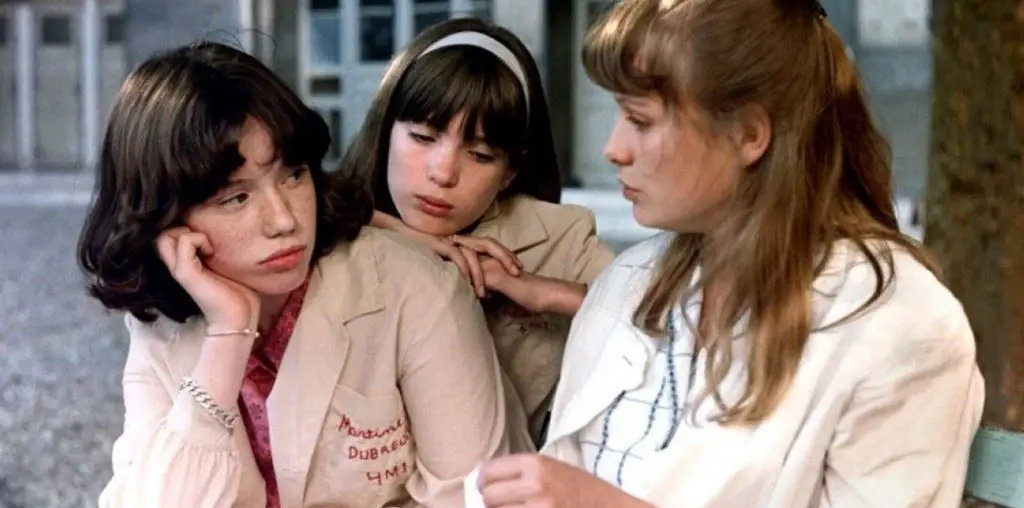
The elements are in place for something exploitative. The central character is Alex Waters (Hill Harper), who is currently serving a prison sentence for rape — a crime which he insists he is not guilty of. Alex, who also dabbled in drugs while on the outside, is suffering from AIDS, but his infection is more likely a result of a sexual assault on the inside. As his parole hearing approaches, Alex attempts to reconcile with his estranged family and old friends — rather, one old friend, Felicia McDonald (Ræ Dawn Chong), who herself has a shady past of drugs, prostitution, and incest.
Based on that description, “The Visit,” written and directed by first-timer Jordan Walker-Pearlman (working from a fact-inspired play by Kosmond Russell), appears to be a bit too heavy with drama and dysfunction, but it’s a credit to Walker-Pearlman that the film never feels overly melodramatic and always feels of a piece, even when it leaves the realism of the prison walls for a few flights of fancy. Sometimes he lays the surrealism on too thick, e.g., a distracting overuse of the random fadeout within a single scene; fantasy scenes produce gradually diminishing returns, but the dreamy quality he goes after works on the whole, especially during the transcendent climax.
The understated power of the finale, and the film, perhaps owes more to the actors than Walker-Pearlman. Harper, who has been largely a sideline player in his previous films, shows his lead-worthy talent as the conflicted con; he never downplays Alex’s harsher side, but he is able to convey the vulnerability and humanity behind the tough talk. In addition to Harper and Chong, strong performances are given by Marla Gibbs as Alex’s doting mother, Billy Dee Williams as his less-forgiving father, and Obba Babatundé as his responsible older brother. More important than the technical precision of their turns, however, is the rapport they all share — which ultimately lends this story of a family its authentic, immediate poignancy.
